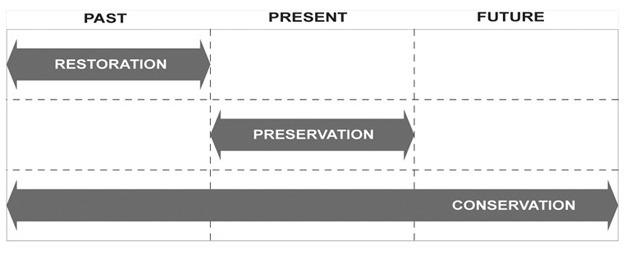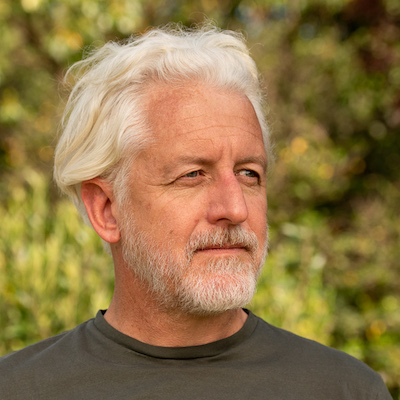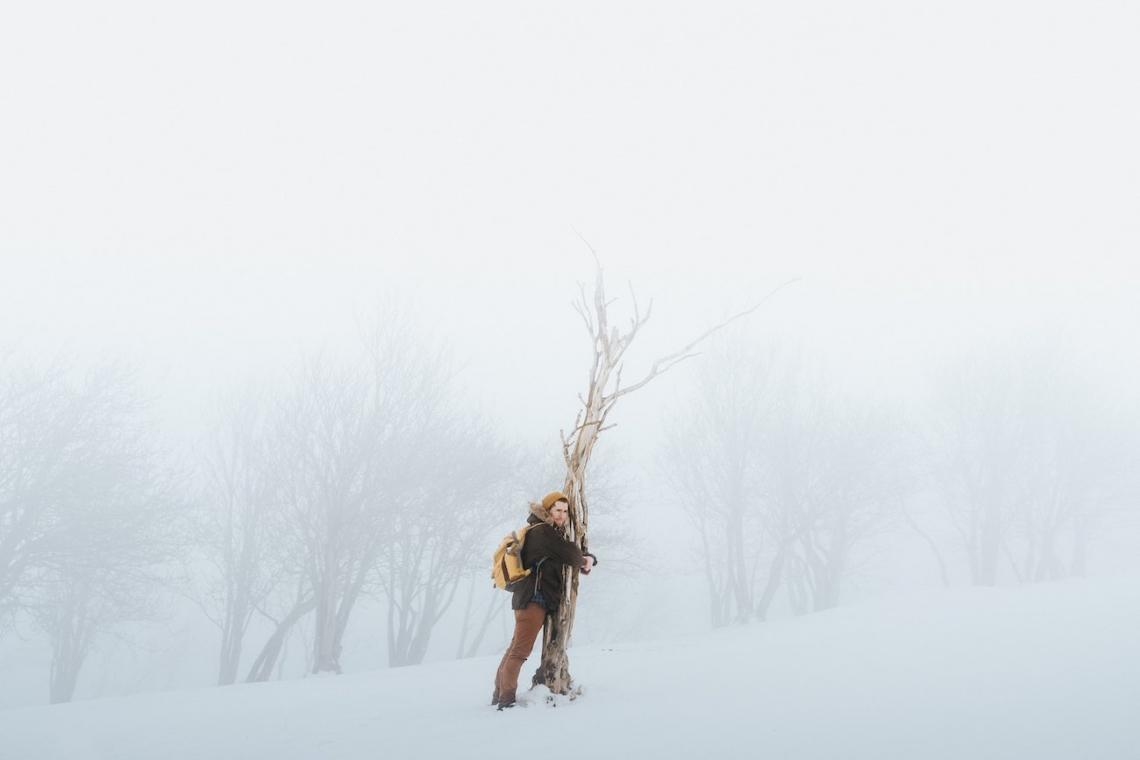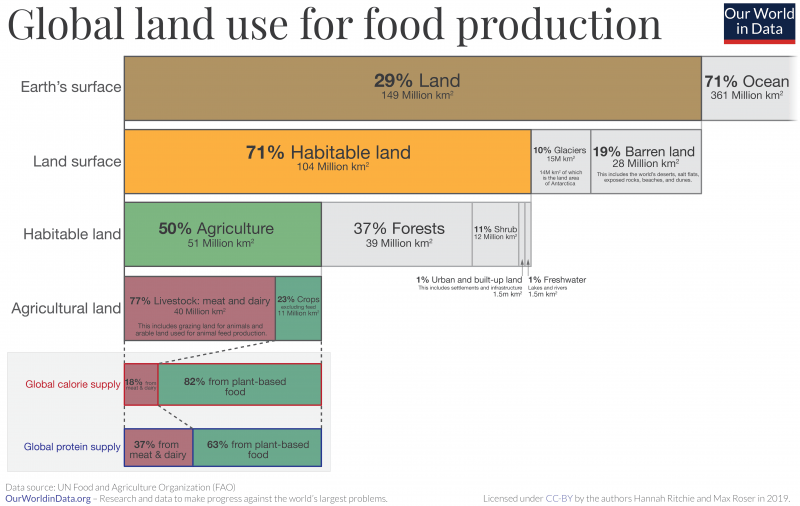Environmentalists, falling into two camps, nature preservationists and conservationists, have been at odds about the difference between conservation and preservation. Is there a difference, or are we creating artificial human-made fences?
What's in a word? To many, the difference between the word conservation and preservation would not raise any concerns, but in the naturalist world, it has evolved into a contentious issue. This article aims to bring some clarity to the debate and to remove some artificial boundaries that may cause divisions among environmentalists. Let's start by seeing what the dictionary says about the difference.
Definition of conservation and preservation
Definition of Conservation (Noun)
The UK definition according to the Cambridge Dictionary readily describes nature conservation as the primary definition "the protection of plants and animals, natural areas, and interesting and important structures and buildings, especially from the damaging effects of human activity. For example, wildlife conservation, a conservation area" And secondly provides a more generic definition relating to resource conservation.
The US Definition provides the broader conservation definition first as "Conservation is a plan for avoiding the unnecessary use of natural materials such as wood, water, or fuel, for example, The university is saving $300,000 per year by its energy conservation efforts." The secondary definition is provided as "conservation is also the protection of plants, animals, and natural areas, esp. from the damaging effects of human activity, for example, wildlife conservation."
Definition of Preservation (Noun)
The Cambridge UK definition of preservation is provided as "the act of keeping something the same or of preventing it from being damaged, for example, building preservation, wood preservation". With the definition, further than wood, not referring to the natural or environmental preservation in any of the examples.
The American definition of preservation is stated as "the act of keeping something as it is, esp. in order to prevent it from decaying or to protect it from being damaged or destroyed: Janet is very interested in historic preservation (= protecting places of historic importance)."
Definition of Nature Preservation and Nature Preserve
To specify the type of preservation refered to the word 'nature' is readily added to preservation. This term 'nature preservation' or 'nature preservationist' is however not included in the dictionary when selecting 'nature preserve' in Cambridge dictionary it redirects automatically to 'nature reserve'.
Miriam Webster - defines 'nature preserve' as (noun) an area where animals and plants are protected and that has few buildings or homes.

Conservation vs Preservation Colloquially
As can be seen in the above definitions, the word conservation is colloquially linked more closely than preservation with the environmental and natural aspects of the words.
A further example of the ecological link of conservation is the Wikipedia page for conservation which is clearly focused on the natural sciences including themes like conservation biology, conservation ethic, movement and organisations as well as other categories such as land designated to conservation. Whereas, the preservation page focusses on social themes such as heritage, arts and entertainment and mathematics and computer science, with no reference to the natural aspect.
Naming conventions of environmental organisations
Environmental organisations that are custodians of natural areas readily include the word conservation in their names, the primary example being the IUCN: International Union of Conservation of Nature. Further examples include Wildlife Conservation Society, Conservation International, The Nature Conservancy, the Australian Conservation Foundation and many other. A quick scan of the exhaustive list of names on the international environmental organisations page on Wikipedia did not yield an example of an organisation using preservation as part of their name. Preservation is mainly utilised in relation to the preservation of artefacts.
The natural science debate conservation vs preservation
According to a now unpublished article by the US National Park Service during the early 20th century two factions emerged from the environmental movement, interestingly they called it opposing. "Conservationists sought to regulate human use while nature preservationists sought to eliminate human impact altogether." They provide the following description "Conservation is generally associated with the protection of natural resources, while preservation is associated with the protection of buildings, objects, and landscapes. Put simply, conservation seeks the proper use of nature, while preservation seeks protection of nature from use."
According to National Geographic the difference between conservation and preservation is that "conservation protects the environment through the responsible use of natural resources. Preservation protects the environment from harmful human activities. For example, conserving a forest typically involves sustainable logging practices to minimize deforestation. Preservation would involve setting aside part or even all of the forest from human development."

The conservationists view is partly attributed to Gifford Pinchot 1865 – 1946 which I will show later is most probably a false attribution. Pinchot troubled by the destruction of forests wanted sustainable forestry and advocated conservation. Preservationists argue that the link to sustainable forestry through Pinchot provides an indication that conservation allows human use and that natural areas need to be preserved to only be viewed, a view they trace back to John Muir. This view has been depicted on a continuum by Raoof Mostafazadeh above. The continuum provides a very simplistic depiction of the types of impact that could occur which the IUCN categories take into account in their classification of protected areas.

Difference of Restoration, Preservation, Conservation in Time
The nature preservationist view removes the human from the ecological environment rather than seeing us as part of nature, an anthropocentric view. Further to this, the nature preservation argument does not preclude future use as one can preserve something for future use (as in the case of food).
The image by Jihoon Kim in his Harvard master's thesis "Rethinking Architectural Conservation" provides an excellent depiction of how conservation can include nature preservation. Placing conservation on a time continuum rather than on a "human impact – left alone" continuum it provides a better view of where restoration, nature preservation and conservation are placed.
Freya Mathews delivers a view that conservation is evolving to attain biodiversity, which in her view sets the bar to low. She indicates it skews conservation policy to proportionality. We live in a utilitarian world and have to deal with real-life issues, such as the fact that farming is required to feed the world. Biodiversity is a motivating factor to provide ever-increasing farmland, degraded land, cities, as well as conserved areas with conservation objectives to improve biodiversity through restoration.
Indeed, the conservation ethic does not allow for wilderness and strict nature reserves (IUCN Cat. 1a, 1b) to be degraded for increased human use. Conservationists, not unlike preservationists, aim to place as much land as possible under protection. Ultimately the aim is to conserve as much land as possible, so why not follow a more inclusive approach and increase protection rather than reduce by exclusion.
The Etymology of the word Conservation
The etymology of the word conservation indicates that the word surfaces in the late 14th century as "conservacioun" meaning "preservation of health and soundness, maintenance in good condition, act of guarding or keeping with care" the word has been used since the late 15th century by English municipal authorities to preserve rivers, sewers, forests and fisheries. Certainly a lot earlier than Pinchot.
What is interesting, the Latin origin "conservare" means "to keep, preserve, keep intact, guard" including preservation in its original meaning. It adds the concept of guarding, which in my opinion is excluded from the definition of "preserving". The etymology of preserve as a "protected place for animals and plants" appear much later in 1807, overall the word has a much broader meaning including food and other artefacts.
What's in a word?
As can be seen, the word conservation is what the public links to nature preservation. It seems to have a much closer relation to nature as can be seen in for example the naming conventions of environmental organisations.
At the time of writing, conservation (550,000) as a search term has a much higher number of searches on Google than preservation (246,000). The term preservation does, however, seem to be more prevalent in the United States, with preservation achieving about half as many searches as conservation. In the United Kingdom, preservation only represents 10% of the searches for conservation.
The differences in meaning derived from the words by conservationist's vs preservationists seem to me to be due to the lack of understanding of the inclusiveness of the word conservation. The range of different protected areas covered in the IUCN is inclusive of different types of conservation areas.
Rather than looking at the differences between conservation and preservation by building human-made fences, we should look at where the two words converge and work together to conserve/preserve our natural environment.
What you think the difference is? Please leave a comment at the bottom of the page to let me know.
Main image by Dan Cook on Unsplash

Shop for a cause
Shop on amazon.com | amazon.co.uk



